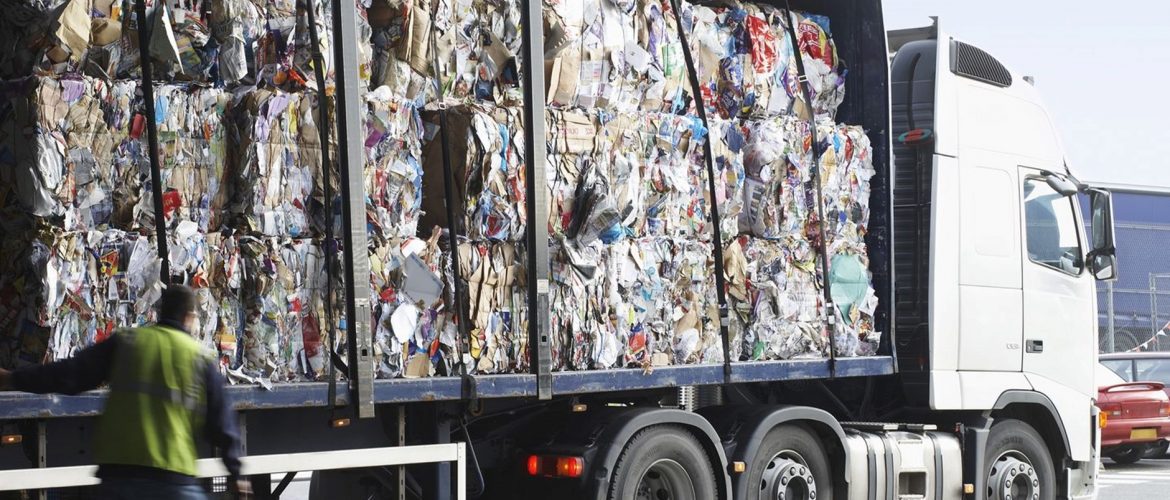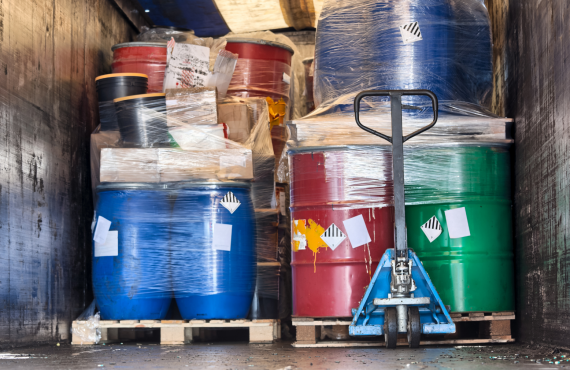It entered into force on September 16, 2023 The regulation on waste transfers, approved by the Decision of the Government of the Republic of Moldova no. 411 of June 22, 2022.
Regulation is developed in accordance with art. 44, 45, 63-64 of Law no. 209/2016 on waste and with the Decision of the Parliament of the Republic of Moldova no. 1599-XIII of March 10, 1998 on the accession of the Republic of Moldova to the Basel Convention on the control of transboundary transportation of hazardous waste and its disposal. The given regulation provides measures to protect the environment and human health by preventing or reducing the negative effects that can be caused by waste transfers. It establishes procedures and control regimes for waste transfers, depending on the origin, destination and route of the transfer, the type of waste transferred and the type of management operation applied to the waste at destination.
The regulation applies to waste transfers:
- imported into the Republic of Moldova, being intended for recovery operations;
- exported from the Republic of Moldova, being intended for recovery and disposal operations;
- in transit on the territory of the Republic of Moldova;
- carried out exclusively on the territory of the Republic of Moldova.
The procedures for the management of waste transfers, whether cross-border or carried out only within the territory of the Republic of Moldova, involve various requirements and rules that must be respected.
Regarding waste transfers that take place exclusively within the Republic of Moldova, the rules are established in Chapter III of the Regulation, together with the provisions specified in Article 45 of Law no. 209/2016 on waste. These requirements, covering general and specific aspects, regulate the collection, transport, storage and disposal of waste in accordance with national laws and regulations. According to the new provisions, the waste producer or the authorized operator notifies the Environment Agency about each waste transport separately for each destination 3 days before the transport is carried out, by completing The identification form for the transfer, recovery and/or disposal of waste, annexed to HG no. 411/2022.
In the case of cross-border shipments of waste, it is essential to provide prior written notification and prior written consent in accordance with Section 2 of Chapter II of the Regulation. There must also be strict compliance with general information requirements as stipulated in section 3 of the same chapter. The notification is submitted through the automated "Waste Management" IT System (SIAMD), established according to the provisions of art. 33 para. (4) lit. c) and Art. 64, paragraph (3) of Law no. 209/ 2016 on waste.
The Environment Agency, being the competent authority responsible for the implementation of this Regulation, informs the following: In order to start the process of authorizing the cross-border transfer of waste, economic agents that operate on the territory of the Republic of Moldova and carry out transport activities, including recovery/disposal of waste they will have to submit an application and the corresponding set of documents to the Environment Agency.
According to the provisions of point 79 of the Regulation, the person who will organize the transfer of waste must provide the competent national authority with the copy of the document included in annex no. 7 and the copy of the contract 10 working days before making the transfer. The information and documents to be presented will be sent to the e-mail address: transferdeseuri@am.gov.md. Also, in the information e-mail, the customs office through which the transfer of waste is planned will be indicated.
In this context, in order to ensure compliance with the regulations in the field of cross-border transfers of waste and increase control over them, the Environment Agency, the Inspectorate for Environmental Protection and the Customs Service of the Republic of Moldova have established a cooperation mechanism for the exchange of information on cross-border transfers of waste.
The transfer of waste can have a significant impact on the environment, but this impact can be managed and reduced by complying with regulations, promoting sustainable practices and raising awareness of the importance of environmental protection at all stages of waste management. In conclusion, procedures for waste transfers, whether cross-border or domestic, are subject to strict requirements and specific regulations aimed at ensuring proper management and compliance with relevant legislation.


